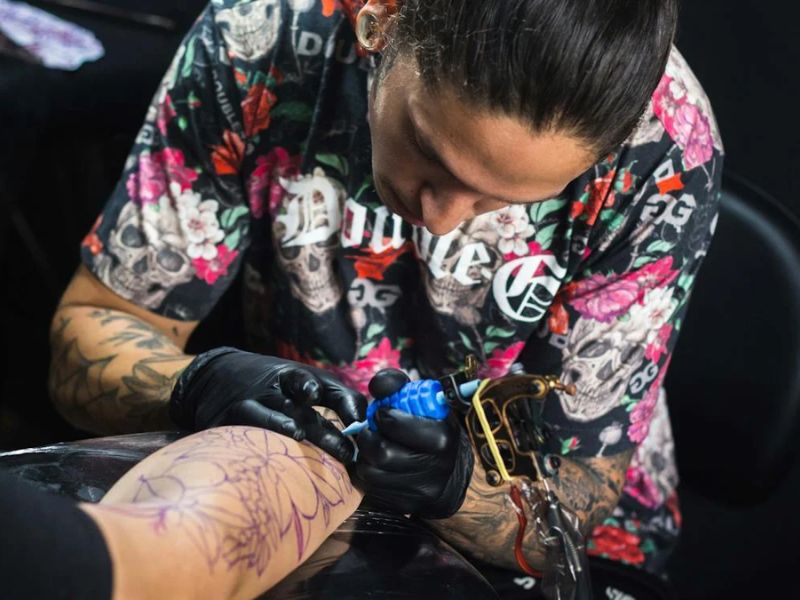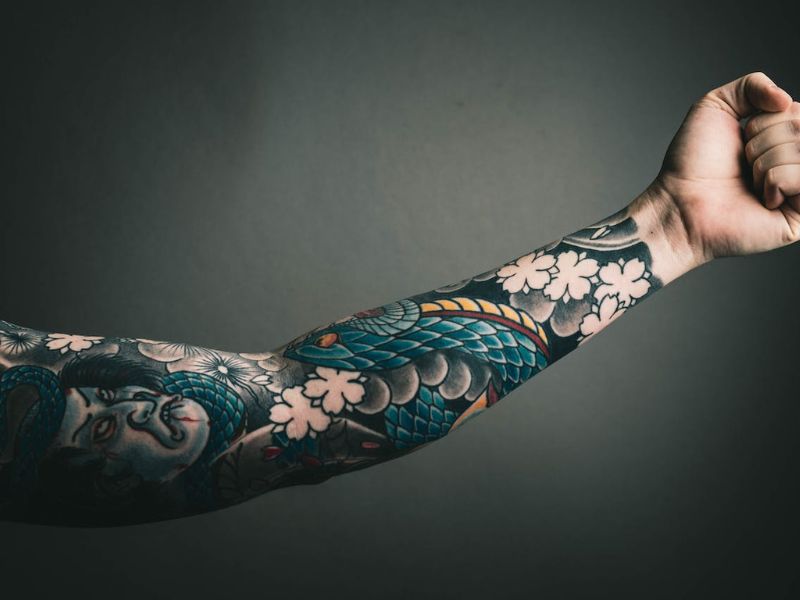In recent years, artificial intelligence (AI) has been making its mark in various industries, from healthcare to finance and entertainment. Now, AI is making its presence felt in tattoo artistry with the emergence of AI tattoo generators. These innovative tools are poised to revolutionize how tattoo artists work and the choices available to clients.

Image Credit: Pexels/Gabriel Lara
Traditionally, getting a tattoo has been a deeply personal experience, with clients consulting with tattoo artists to design custom pieces that reflect their individuality. However, AI tattoo generators are now challenging this paradigm by offering a new level of creativity and convenience. These generators use machine learning algorithms to analyze a person’s preferences, style, and body shape to generate unique tattoo designs that cater to their tastes.
One of the most significant advantages of AI tattoo generators is the speed at which they can produce designs. What might take a human artist hours or even days to sketch and refine can now be accomplished in minutes. This efficiency saves time and allows tattoo artists to take on more clients and focus on the tattooing process.

Image Credit: Pexels/Kevin Bidwell
Moreover, AI tattoo generators can serve as a valuable source of inspiration for tattoo artists. They can browse a vast database of AI-generated designs to spark their creativity and help them develop fresh ideas that resonate with their clients. This symbiotic relationship between human artists and AI technology can result in more innovative and personalized tattoos.
However, it’s essential to acknowledge that AI tattoo generators have challenges. Some critics argue that they may homogenize tattoo artistry, leading to a flood of similar designs and diluting the uniqueness of tattoos. Concerns about copyright issues and ethical considerations in AI-generated techniques have also been raised.